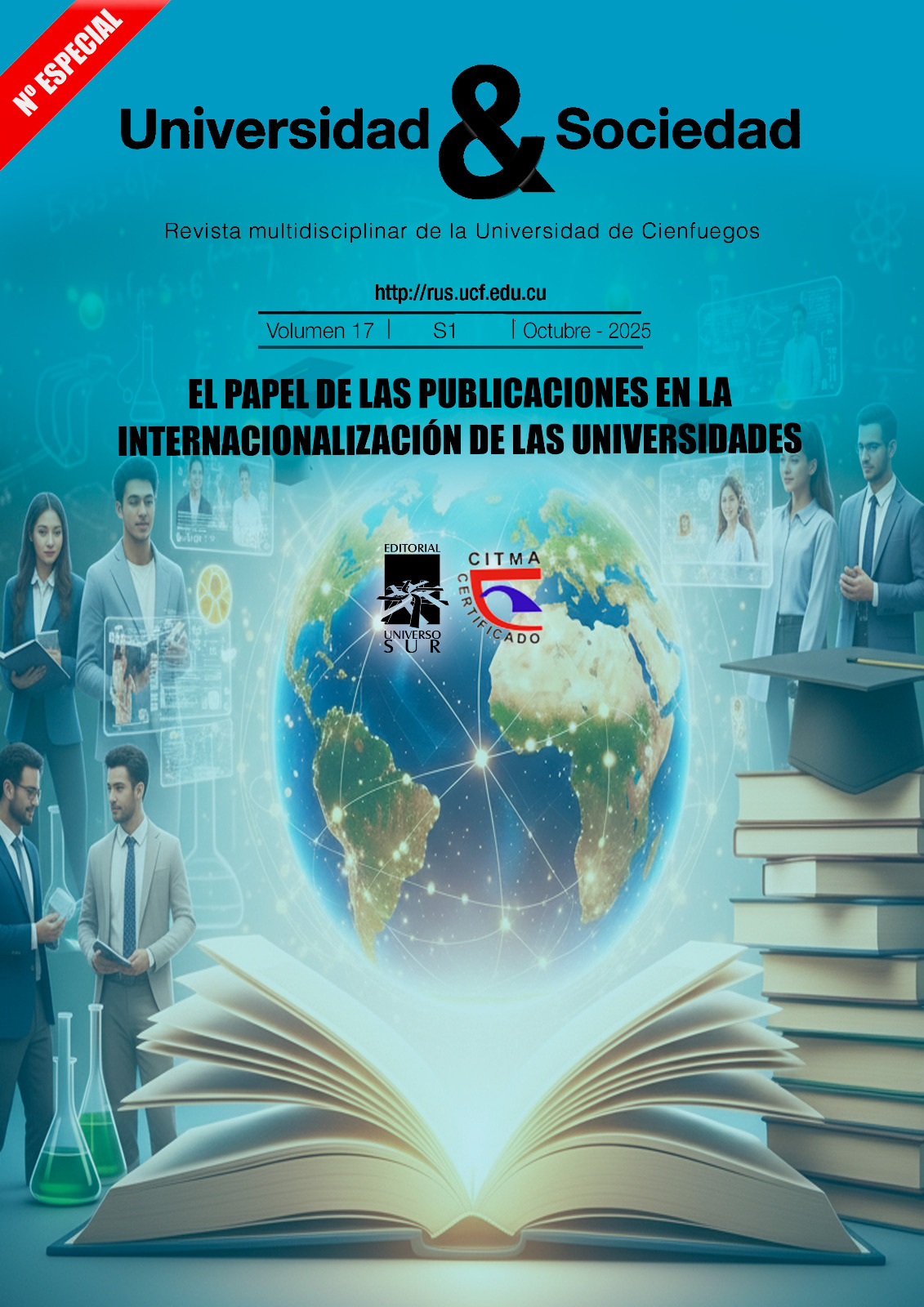Impact of Public Policy on the Vaccination Schedule in Ecuador from 2021 to 2023
Keywords:
Pandemic, State, Health sector, GovernmentAbstract
It is imperative to develop long-term public policies to address public health challenges and health crises with objectivity and flexibility. This research is based on a literature review of high-impact scientific databases such as SCOPUS and Web of Science, as well as research theses, official public documents, and reports from non-governmental organizations. The objective of this study is to assess the impact of public policies on the COVID-19 vaccination program in Ecuador during the period 2021–2023. Five years after the World Health Organization (WHO) declared the pandemic, it is essential to evaluate the outcomes of the vaccination process implemented by the Ecuadorian government and to identify the public policies proposed and executed during this health crisis. Key findings highlight the significant progress between 2021 and 2023, demonstrating the effectiveness of the vaccination policy through the expansion of vaccine suppliers, including Russian and Chinese providers. Ecuador exhibited progressive improvements in its vaccine administration and distribution capacity compared to cases such as Cuba, which developed its own vaccines, or Costa Rica and Honduras, which faced similar constraints. However, long-term public policy must address issues of geographic inaccessibility, structural technological limitations, professional capacity, and financial constraints to ensure a more robust response to future public health challenges.
Downloads
Published
How to Cite
Issue
Section
License
Copyright (c) 2025 Editorial "Universo Sur"

This work is licensed under a Creative Commons Attribution-NonCommercial-NoDerivatives 4.0 International License.
La editorial "Universo Sur", de la Universidad de Cienfuegos, publica el contenido de la Revista "Universidad y Sociedad" bajo una Licencia Creative Commons Atribución-NoComercial-SinDerivar 4.0 Internacional.
© Podrá reproducirse, de forma parcial o total, el contenido de esta publicación, siempre que se haga de forma literal y se mencione la fuente.










